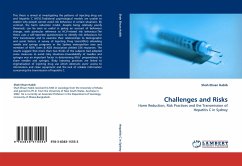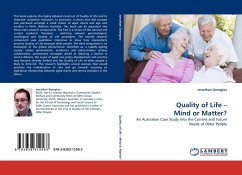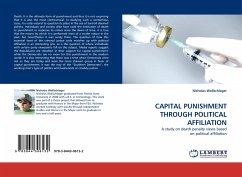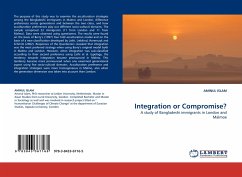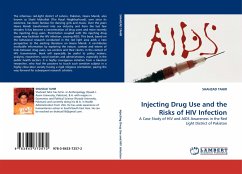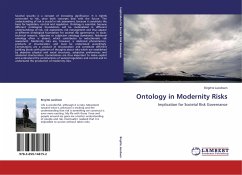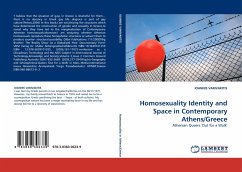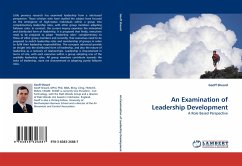This thesis is aimed at investigating the patterns of injecting drug use and hepatitis C (HCV).Traditional psychological models are unable to explain why people cannot avoid risk behaviour in certain situations. By contrast, the harm reduction model, despite being relatively poorly theorised, can be seen as useful in giving an account of behaviour change, with particular reference to HCV-related risk behaviour.The thesis uses a self-reported questionnaire to identify risk behaviours for HCV transmission and to examine their relationships to demographic and social factors. A survey of Injecting Drug Users(IDUs) attending needle and syringe programs in the Sydney metropolitan area and members of NSW Users & AIDS Association yielded 336 responses. The results suggest that more than two thirds of the subjects had adopted some measures to avoid risky situations.Unavailability of needles and syringes was an important factor in determining IDUs' preparedness to share needles and syringes. Risky injecting practices are linked to stigmatisation of injecting drug use which obstructs users' access to information and clean equipment and the lack of reliable information concerning the transmission of hepatitis C.
Bitte wählen Sie Ihr Anliegen aus.
Rechnungen
Retourenschein anfordern
Bestellstatus
Storno

